Moonshot
Research
When do fields join forces?
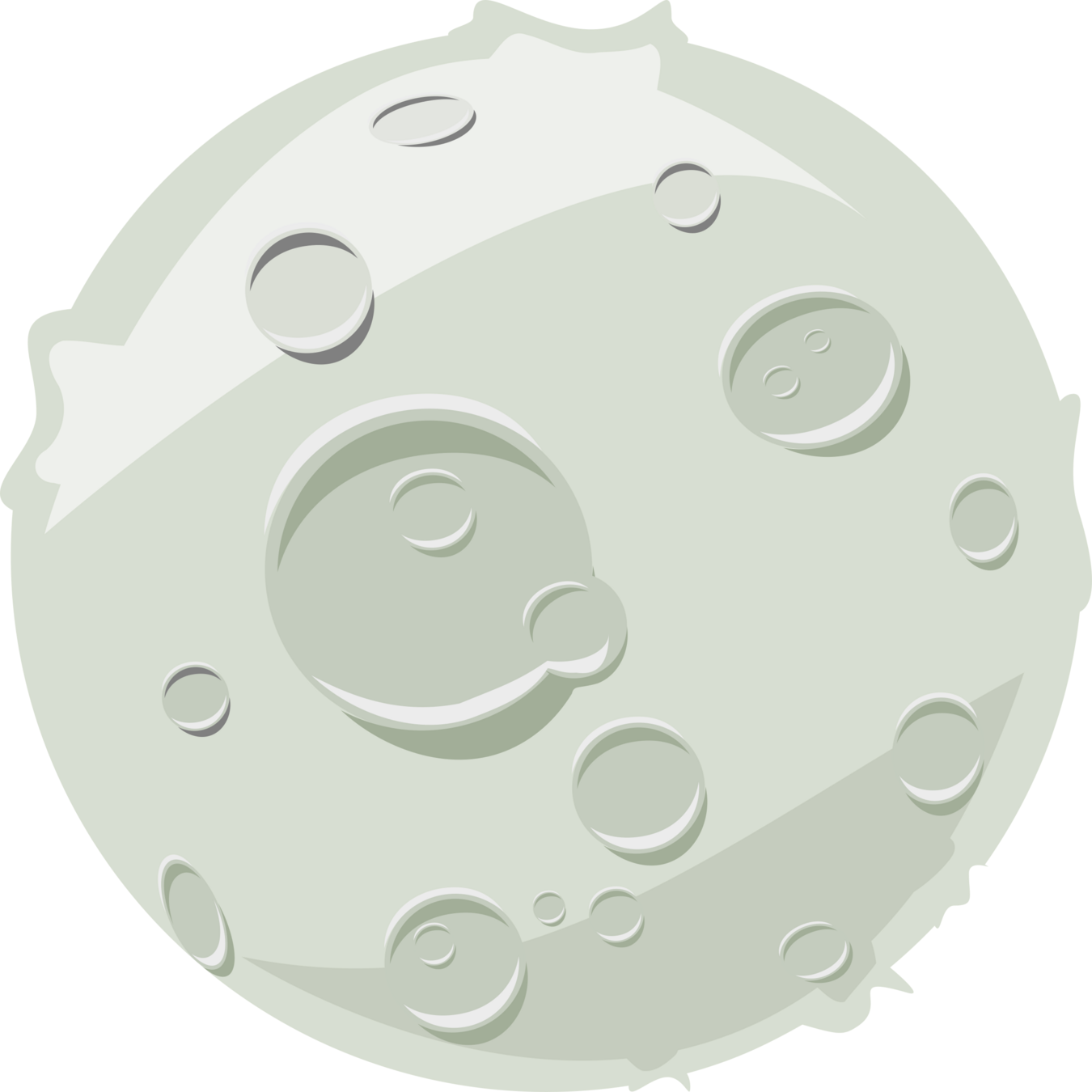
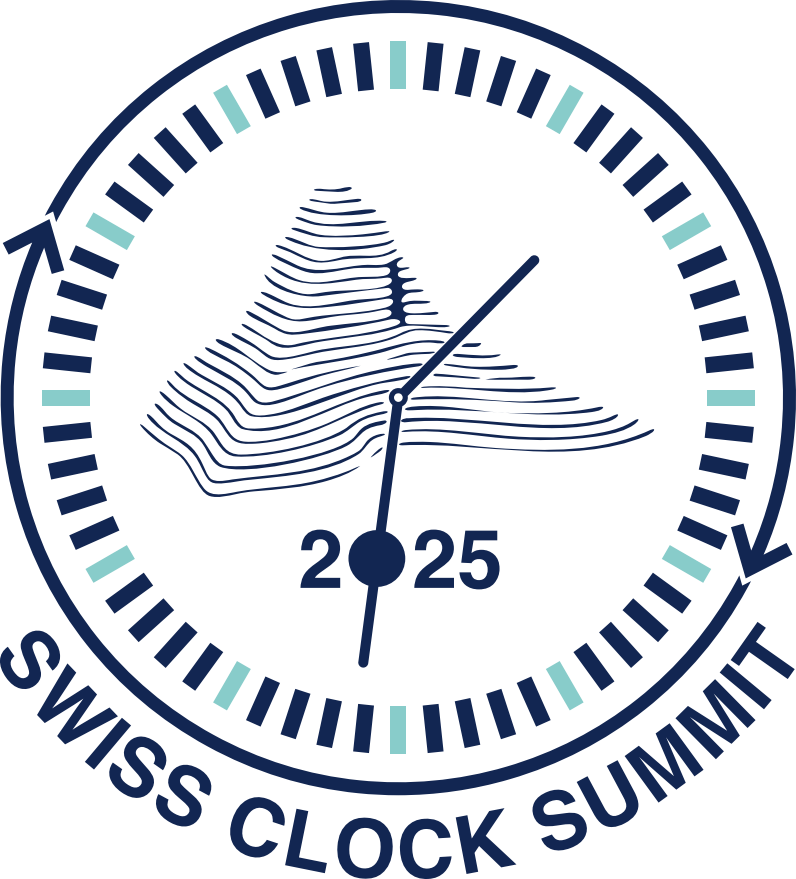
program (8:40 - 12:00)
- At each table are invited speakers, professors/PIs, and two young researchers.
- You will work in groups. Make sure everybody has the chance to talk and to listen. Our young researchers will facilitate that.
- This is not a training session. We don't know the answers.
We are genuinely interested in your input.
- You will not be quoted without asking you. Speak freely.
practical aspects


research stories
Everybody likes a good story.
We'd like you to tell us stories of successful research endeavors.
There are different kinds of stories...
Man in a hole
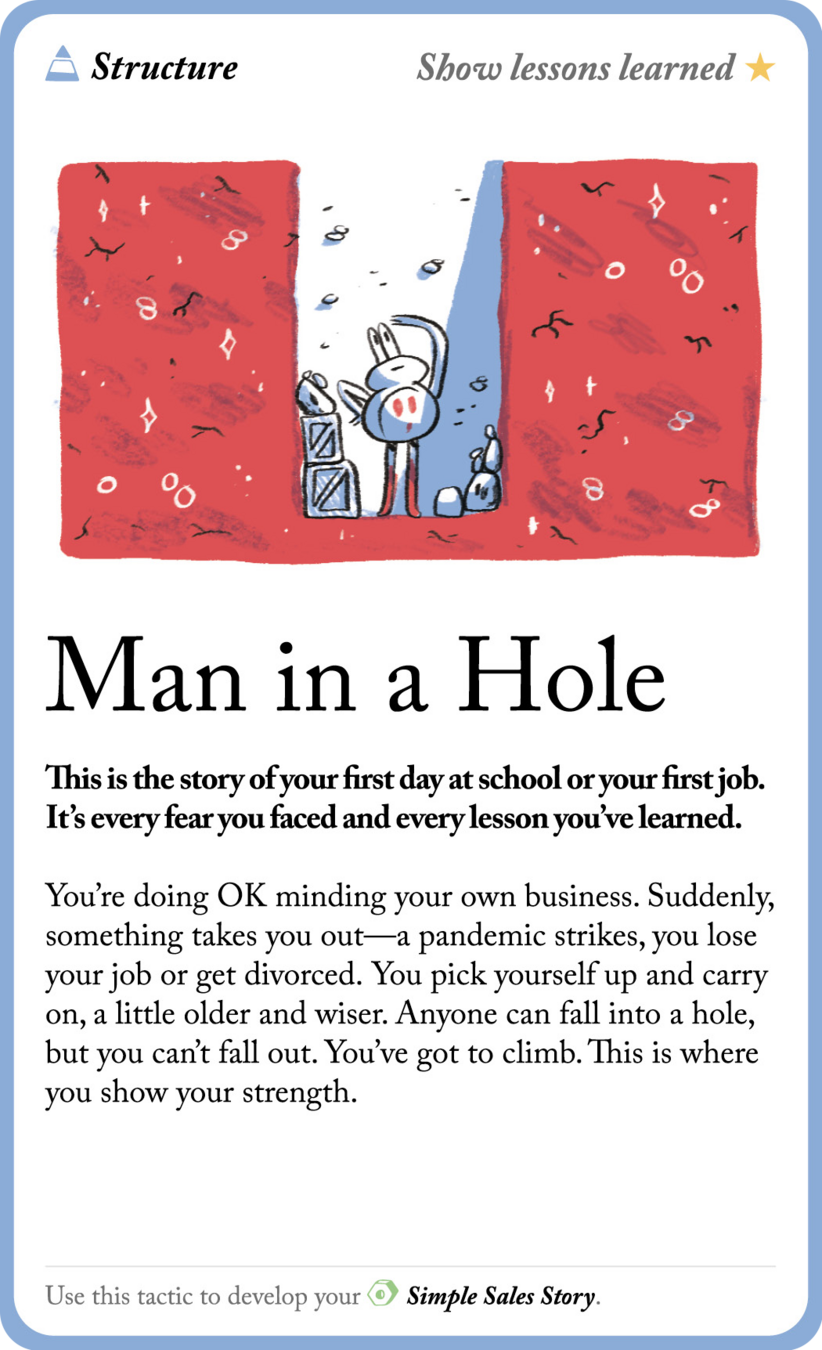
MAN in a hole
Comfort zone - Not a bad place, but some potential is wasted.
Trigger - Something out of your control happens and knocks us out.
Crisis - You are in a hole. That's where you learn something valuable.
Recovery - Put what you have learned to good use and climb back.
Better place - Your effort pays off.
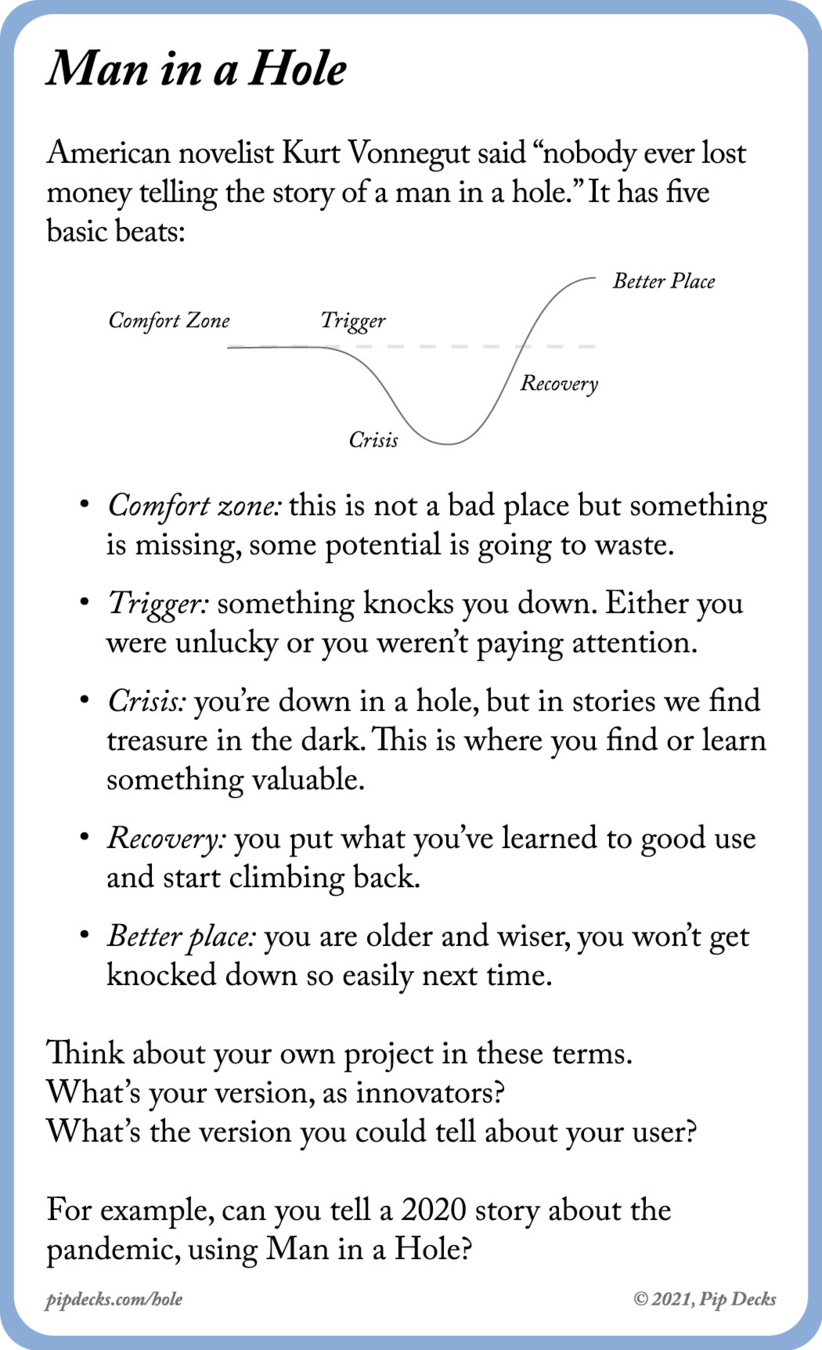
〞
Power system researchers developed new methods and solutions
The old power grid: stable and reliable
Wind and solar generation
Low-inertia grids are prone to instability and blackouts!
A new reliable and sustainable grid!


rags to riches
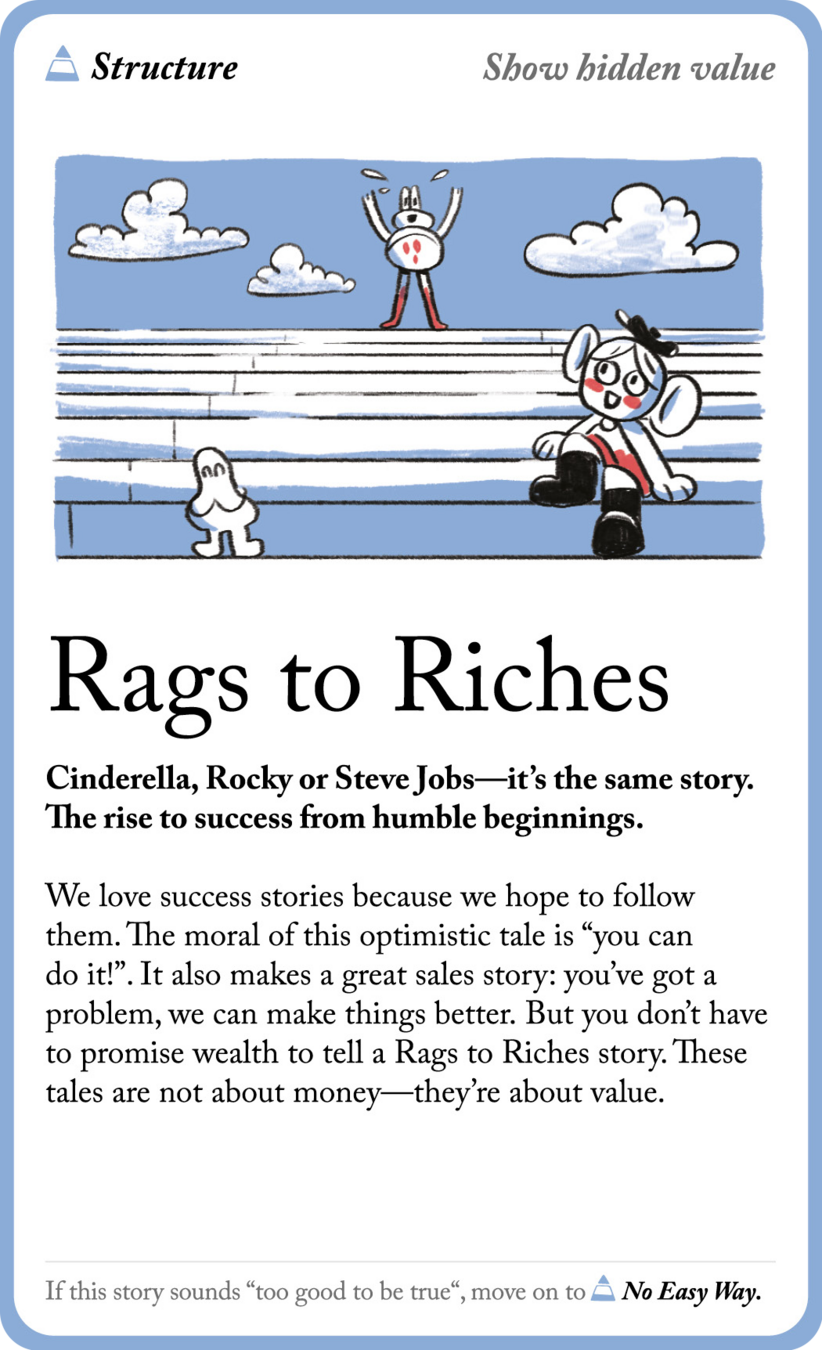
rags to riches
Hidden value - Some untapped potential that most people don't see.
Trigger and Struggle - The chance to shine!
Deserved recognition - The true value is finally revealed.
Hint: You could be the Fairy Godmother!
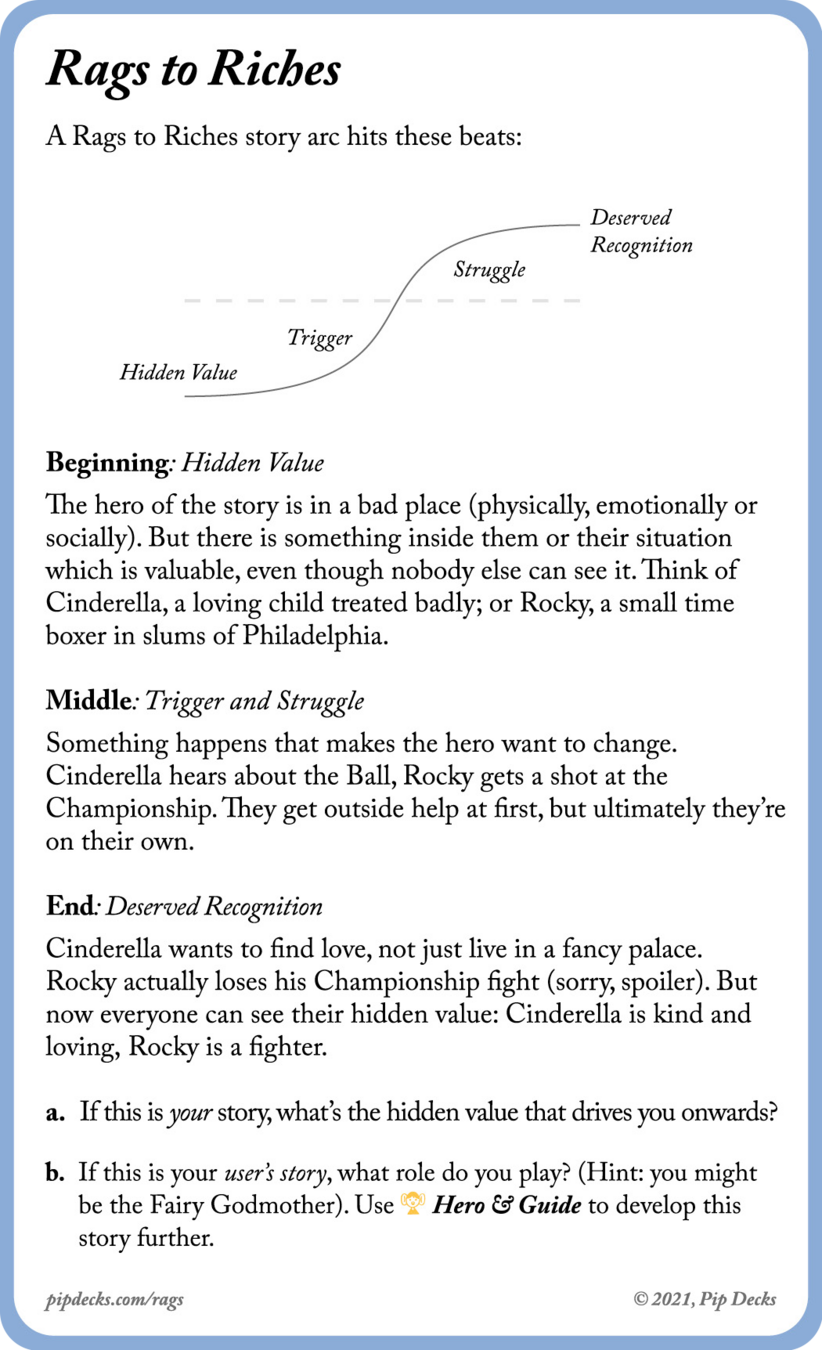
〞
Sean Meyn

no easy way
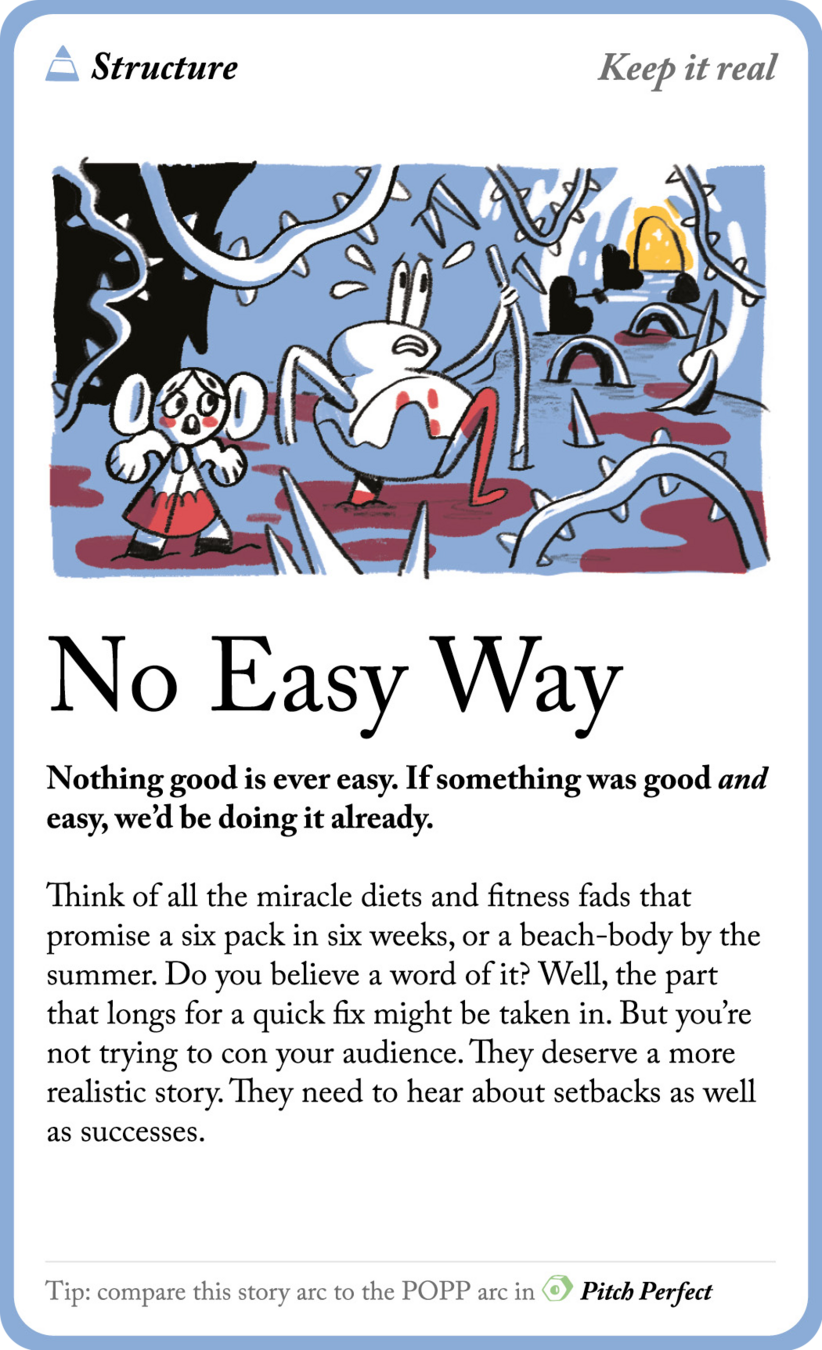
no easy way
Problem - Everybody agrees: it's a bad place.
Early success - Low-hanging fruit.
Setback / crisis - Early success does not take you far.
Recovery / Better place - Here comes the expert: only by doing the right thing we'll get the desired result.
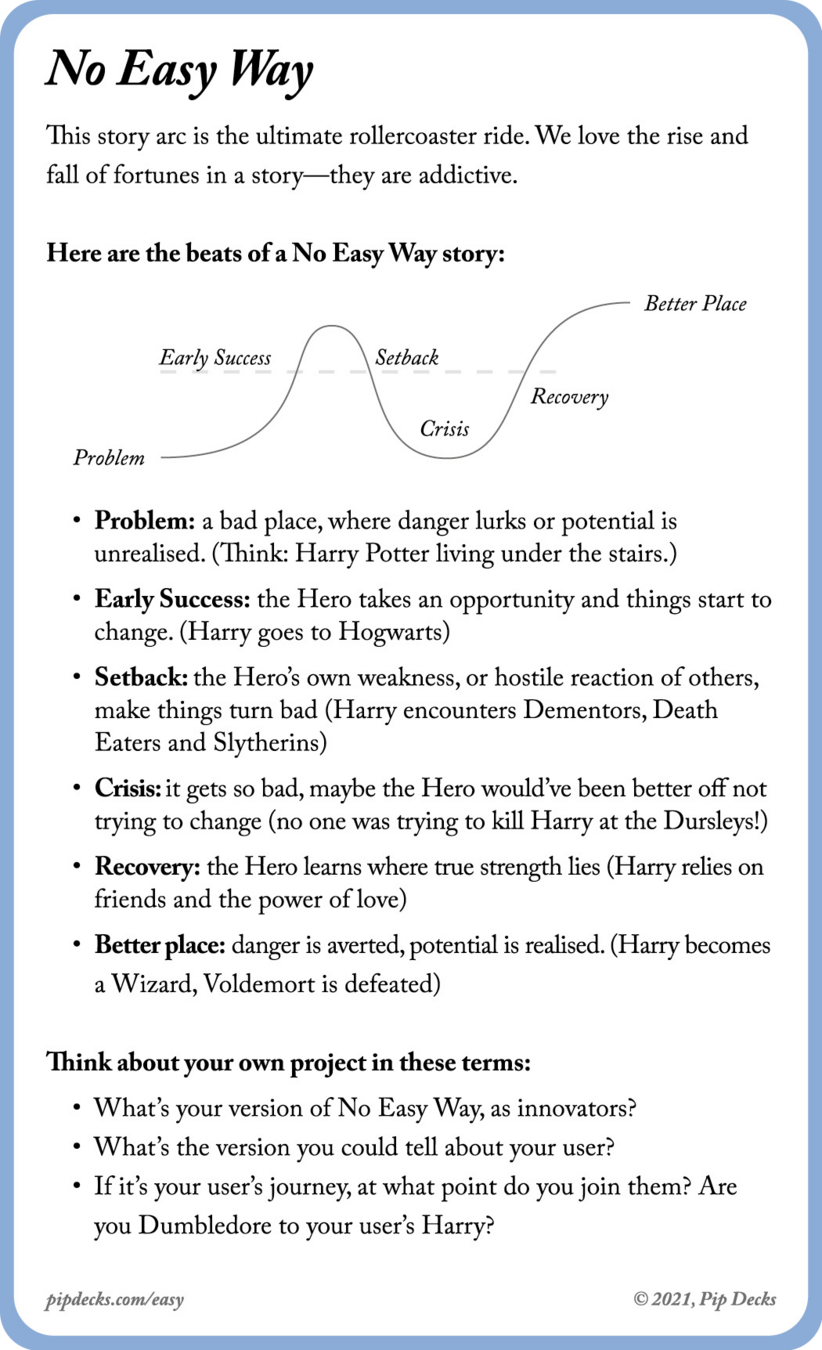
〞
Anuradha Annaswamy

VOYAGE AND RETURN
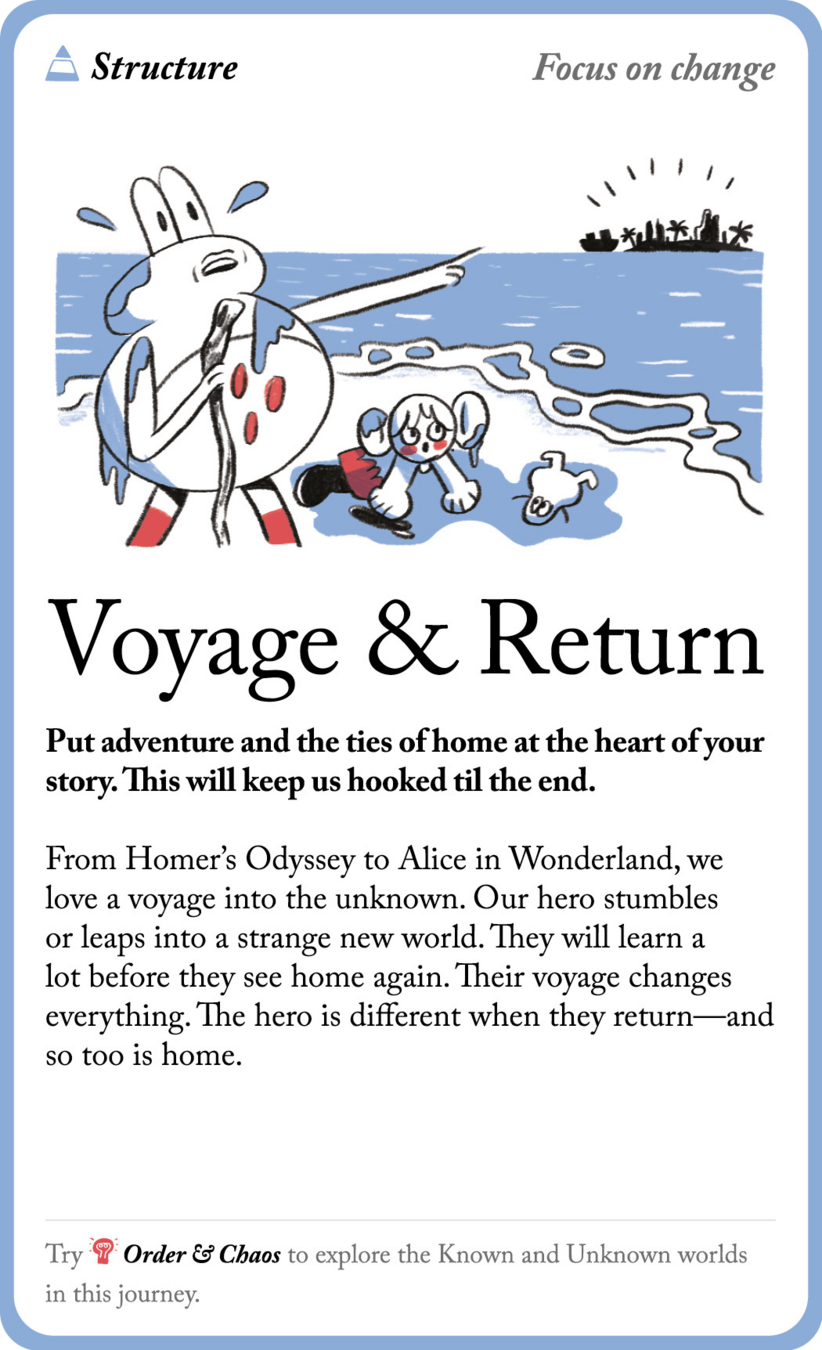
vOYAGE AND RETURN
Home - Safe and dull. There is something lacking, not clear what.
Voyage - A deliberate (or not) journey is the chance to learn.
Return - Back to your island, but you are different (and better).

〞
Rodolphe Sepulchre

- Look back at some research endeavors (big or small)
by yourself, your team, or others in your field/community. - In 15 minutes, write down one story each. Write clear and concise.
- Talk in your group to check that you are including all the info
Tell us your stories




your research story
- What's the story?
- Who was part of it?
- industry, academia, or both?
- which community/field?
- how many people worked together?
- How did it start?
- who started it?
- who drove it forward?
- who supported and funded it?
- What facilitated it?
- any unconventional aspect of this endeavor?
- was any special resource or opportunity available?
- collaboration or competition?
- What came out of that?
- scientific results
- impact within and beyond the community
- education
- technology transfer
moonshot

moonshot
- A well-defined, ambitious, formidable goal
- A bet on disruptive consequences
-
Different fields join forces!
- Great open problems along the way
(maybe even unpredicted ones)
- The path to success was as valuable
as the result, or even more
- One intense, consistent effort
that attracted resources and smart people

do you have a moonshot story?
- Big or small, no need to impress
- It can be the story of yourself, your team, your project,
or a story that you witnessed in your community
-
It must have engaged multiple communities and fields.
- Work in groups, with one timekeeper
- 30 minutes
- Fill one sheet (one story) each
- Ask questions to each other and make sure to include the interesting details, share your story

your MOONSHOT story
-
What was the moonshot idea?
- Who was part of it?
- industry, academia, or both?
- what fields/communities?
- how many people worked together?
- How did it start?
- who started it?
- who drove it forward?
- who supported and funded it?
- What facilitated it?
- any unconventional aspect of this endeavor?
- was any special resource or opportunity available?
- collaboration or competition?
- What came out of that?
- scientific results
- impact within and beyond the community
- education
- technology transfer




Read other stories, ask the authors
When done, sit with other people
What makes a moonshot successful?

IDEA
Top down or bottom up
Brainstorming or guidance
Theory or applications
Technology driven?
People
Small team or big team
Junior or senior people
Early career or tenured
Visits / exchange
Resources
Time: fast or slow
Dedicated hiring
Secondments and sabbaticals
Funding instruments
process
Special management
Unusual research guidance
Social or isolated
Competitive or collaborative
impact
New community?
Opening or closing a topic
Technology transfer
What survived?




-
What makes a moonshot?
-
When do fields join forces?
-
Five groups, 15 minutes
-
Each group will focus on one of the five aspects
-
Look at all the stories
-
Share your moonshot story
-
Find common patterns
-
Find differences
-
Collect evidence
-
Make your hypotheses
-
Prepare a few questions on the collected stories to validate/disprove your theory
be a detective

Questioning time
- In turns, the five groups can ask questions on the stories that we have collected
- The goal is to develop, validate, prove, or disprove their theory
- Write down your findings
- Just a few minutes per question
consolidation
People


IDEA
Resources

process

impact

- Clean up your notes
- Each group reports on their findings
- 5 minutes per group


Thank you!

